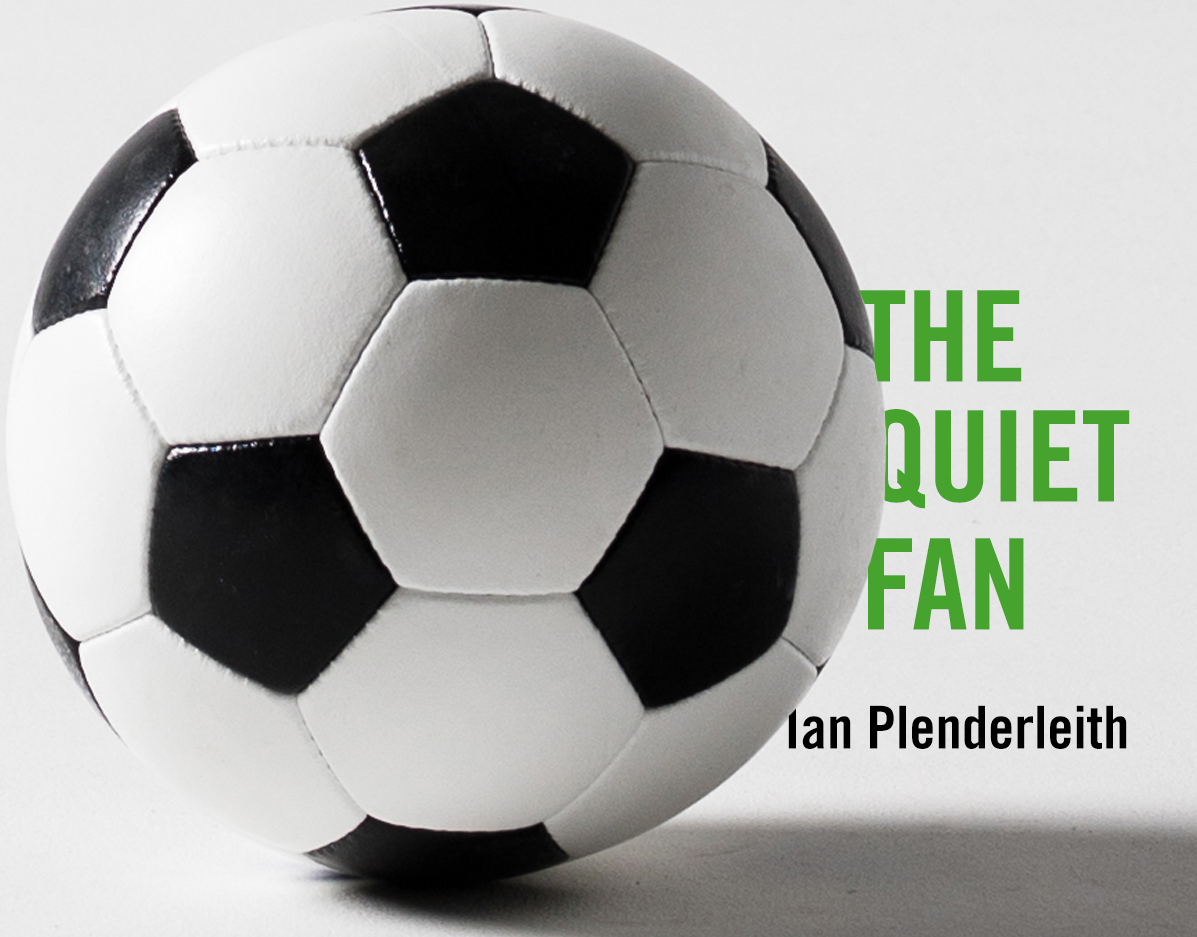Virtual reality headsets are nothing new,
at least not in the human imagination. Back in the 1960s, Auschwitz survivor
Primo Levi - one of the 20th century's most important writers - published 'Retirement
Package,' a short story that foresaw the use of a helmet connected to a machine
called a Total Recorder (or Torec). This allowed humans to live inside any pre-recorded
event and experience the sensation of, say, scoring a goal for AC Milan.
 |
| "Yay! I scored for AC Milan!" |
The narrator is being shown the Torec and
its tapes by a friend, Simpson, who has just received the machine as a
'retirement gift' from his company, NATCA, where he's been a long-serving
salesman. The Torec is not yet on the market and Simpson is just the company's willing
guinea pig, but using his sales skills he persuades the sceptical narrator, who
is not a football fan, to put on the helmet and place himself in the shoes of a Milan player called Rasmussen.
The narrator complies and describes "an
intense odour of overturned earth. I was sweating and my ankle hurt slightly."
He also feels "nimble and ready, like a loaded spring". Running with
the ball, he passes to a team-mate on his right and, amid "the rising roar
of the
crowd", receives a return pass and scores "with precision, effortlessly" past the advancing goalkeeper.
crowd", receives a return pass and scores "with precision, effortlessly" past the advancing goalkeeper.
"I felt a wave of joy course through
my veins, and a little later the bitter after-taste of adrenalin in my mouth,"
the narrator goes on, admitting to Simpson that it was thrilling to feel his
body "so young and compliant, a sensation I lost decades ago". And
scoring the goal was great too because "you don't think about anything
else, you are totally focused on one point, like a bullet". At the same
time, under the brief identity of the player, he was distracted for a second by
the thought of a date later that night with "a tall brunette named
Claudia".
 |
| Even me scoring against Real in the European Cup final? |
This re-created fantasy world is, for most
fans, the material of our nocturnal dreams. Down the years I've scored hundreds
of important goals in my sleep. The most recent was a long distance shot to
secure the European Cup for Nottingham Forest against Real Madrid in a 3-1
victory some time during the 1980s. After scoring, I leapt into the arms of the
late Brian Clough. Almost every football fan is prey to similar flights of
ethereal glory.
Dreams, though, are random, fleeting and deftly
extinguished by the anti-climax of waking up and not being a hero after all.
With virtual reality you can choose when to switch in and out. And although
technology has not yet advanced to the state where - as in Levi's story - you
can smell the grass and feel several decades younger, you'd be rash to bet
against the future by ruling it out.
Which begs the question: if we could just
put on a headset and experience what it's like to be Lionel Messi, as many
times a day as we wanted, how would we resist? Who would not want to know what
it's like to dribble past five players and score the winner for Barcelona
against Real at the Camp Nou? And how many children might give up playing
sport, or aspiring to become the next Messi, because they can already boast the
full experience without even leaving the house?
 |
| Visionary author and Auschwitz survivor Primo Levi |
The Torec tapes in Levi's story go far beyond
just scoring a goal. The narrator gets to experience a bar fight, and being an
eagle with super-powerful eyesight that swoops to kill a hare. There are sex
tapes with Italian fashion models. His friend Simpson is elated at all the
possibilities, but in the long run it doesn't end well. "He sacrificed
everything: the bees, his job, his sleep, wife, books." When he's no
longer experiencing virtual reality "he is oppressed by a boredom as vast
as the sea and as weighty as the world, so all he can do is play another
one." His use increases from two hours a day to five, then to 10 and more.
"In six months he has aged 20 years."
The story is as prescient as EM Forster's
'The Machine Stops', which managed to predict the internet in 1909. Even before
succumbing to the helmet, Levi's narrator tells his friend that the device will
"discourage all initiative, in fact, all human activity; it will be the
last big step following mass entertainment and mass communication". He
describes how his son is drawn to their new television "like a moth to a
flame".
That seems slightly alarmist, and steeped
in a one-sided and negative view of cultural evolution - televisions did not
zombify the human race. On the other hand, there are some indications of a new
generation facing communication difficulties when separated from their
hand-held devices, and of crippling, trans-generational dependencies on addictive
computer games. I can no longer walk or cycle down the street without having to
shout "Look up!" to endless people heading right towards me while
staring down at their phones.
Still, I've never forgotten Levi's story
since I first read it 25 years ago. Because I'd really, really love to put on a
headset and feel and smell the sensation of scoring a magnificent goal in a packed
stadium. Just once, I promise.

No comments:
Post a Comment